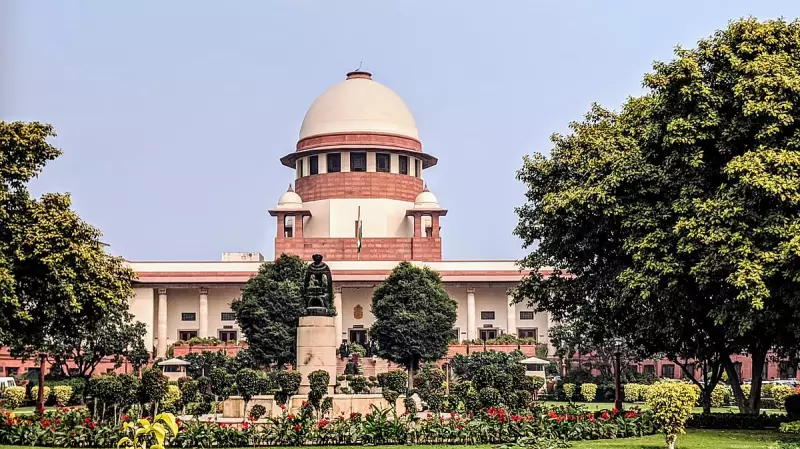
In a decisive move that could reshape reservation policies for married women across Karnataka, the Supreme Court has firmly endorsed the Karnataka High Court's ruling to transfer a contentious OBC certificate dispute to the specialized Karnataka State Administrative Tribunal (KSAT).
Judicial Endorsement Strengthens Women's Rights Framework
The apex court's validation represents a crucial milestone in addressing the complex legal questions surrounding married women's eligibility for Other Backward Classes certificates. By backing the High Court's referral to KSAT, the Supreme Court has effectively positioned the specialized tribunal as the appropriate forum to resolve this socially significant matter.
What This Means for Thousands of Karnataka Women
At the heart of this legal battle lies a fundamental question: Should married women be required to obtain OBC certificates based on their parental family's caste status, or can they derive their reservation benefits from their husband's caste classification? This distinction carries profound implications for:
- Access to government jobs and educational institutions
- Participation in reserved category quotas
- Social mobility and economic opportunities
- Inter-caste marriage dynamics and rights
The Legal Pathway Forward
The Supreme Court's ruling effectively streamlines the judicial process by directing the matter to KSAT, which possesses specialized expertise in administrative service matters. This strategic move is expected to:
- Expedite resolution of the long-pending dispute
- Provide clarity on OBC certificate eligibility criteria
- Establish precedent for similar cases across India
- Ensure consistent application of reservation policies
Legal experts anticipate that KSAT's forthcoming decision will establish crucial guidelines affecting thousands of married women seeking OBC reservation benefits in Karnataka. The tribunal's ruling is expected to balance traditional caste certification norms with contemporary social realities of women's rights and marital transitions.
Broader Implications for Reservation Policy
This case transcends individual disputes, touching upon larger questions of social justice and administrative efficiency. The Supreme Court's intervention underscores the judiciary's commitment to ensuring that reservation policies evolve to reflect changing social structures while maintaining their original constitutional objectives of uplifting backward classes.
As KSAT prepares to deliberate on this pivotal matter, all eyes remain on how Karnataka will navigate the complex intersection of marriage, caste identity, and reservation entitlements in modern India.





